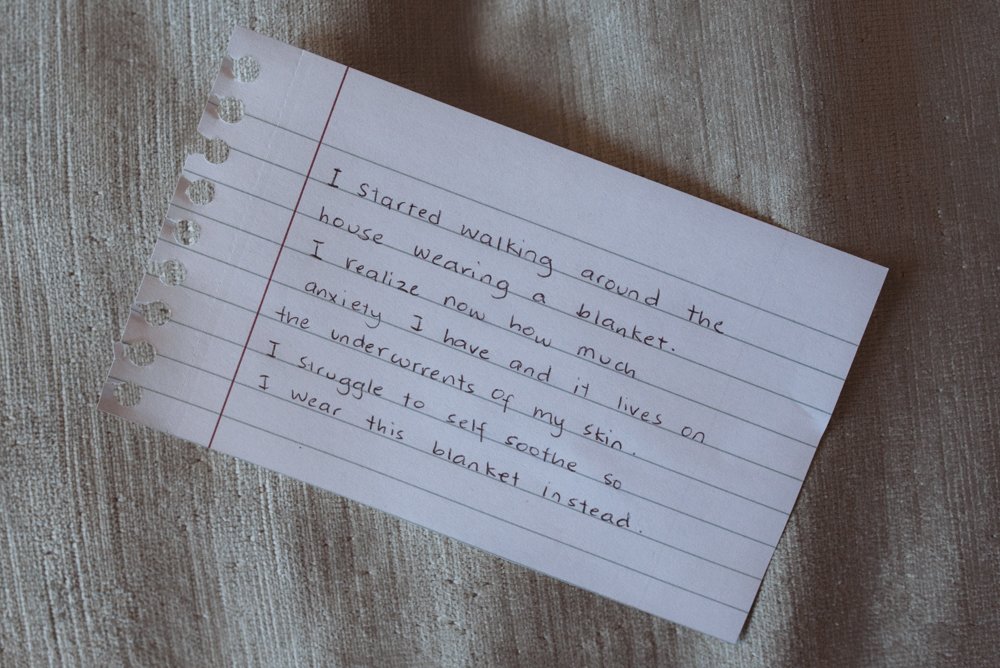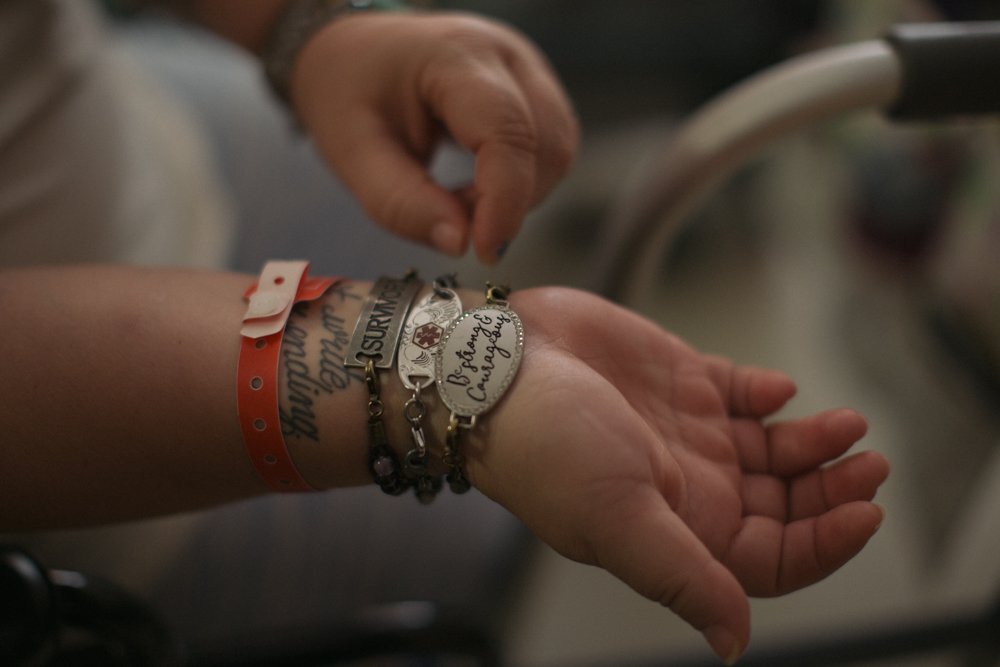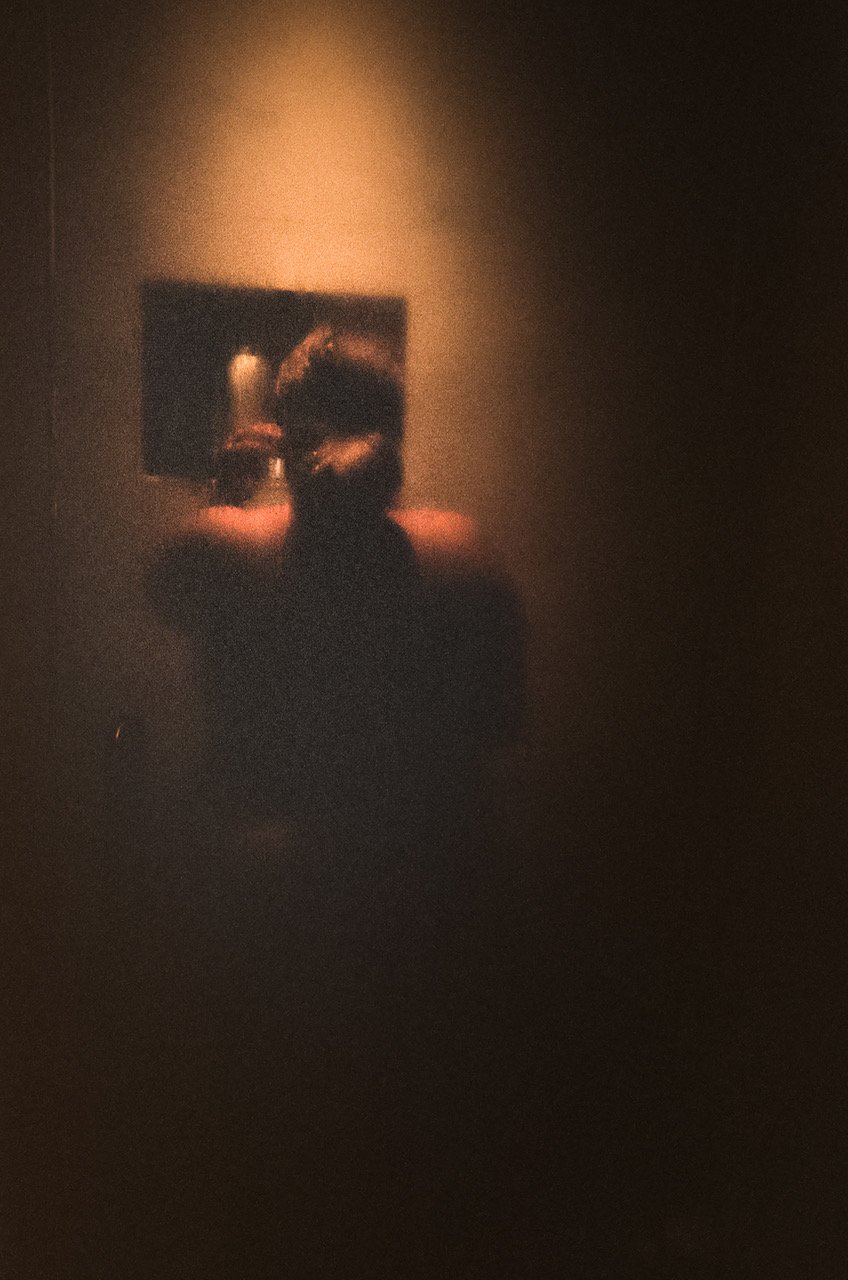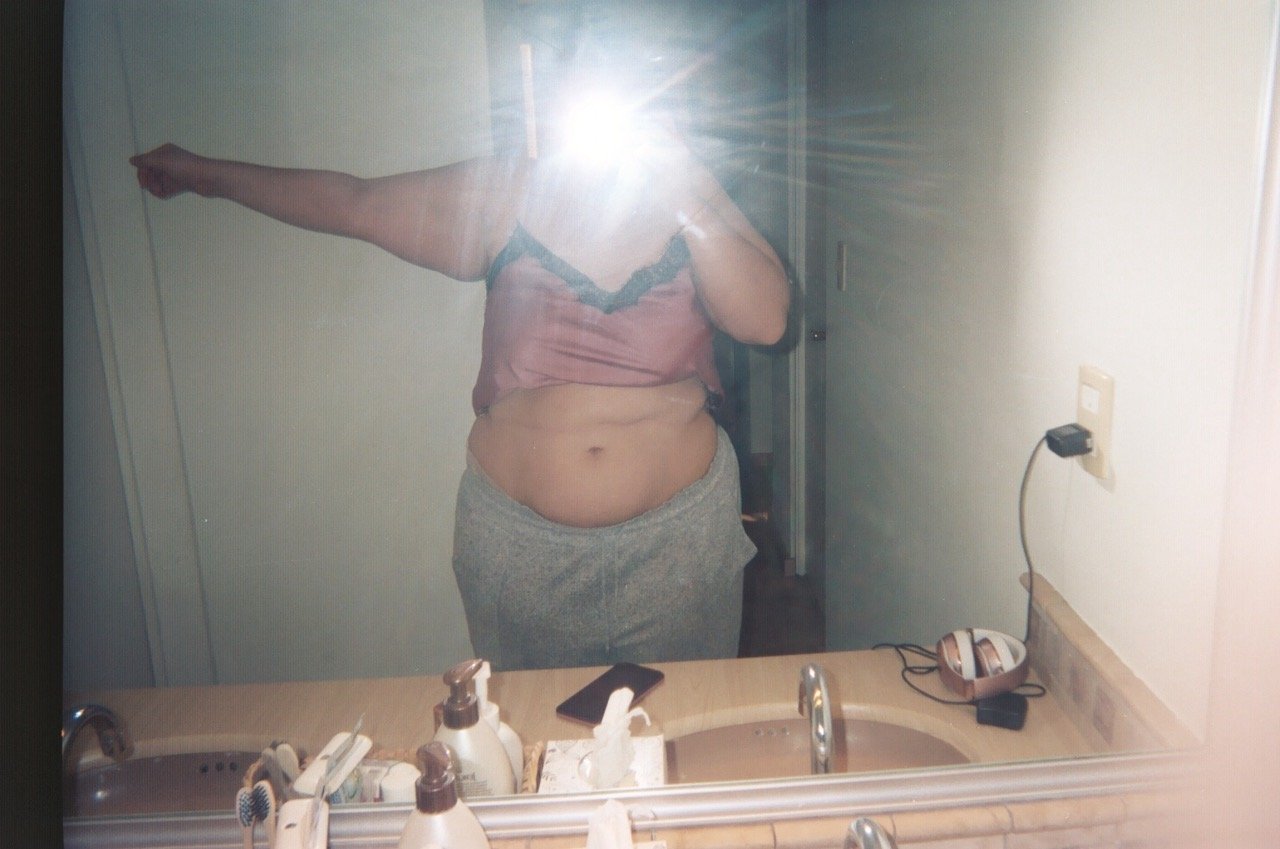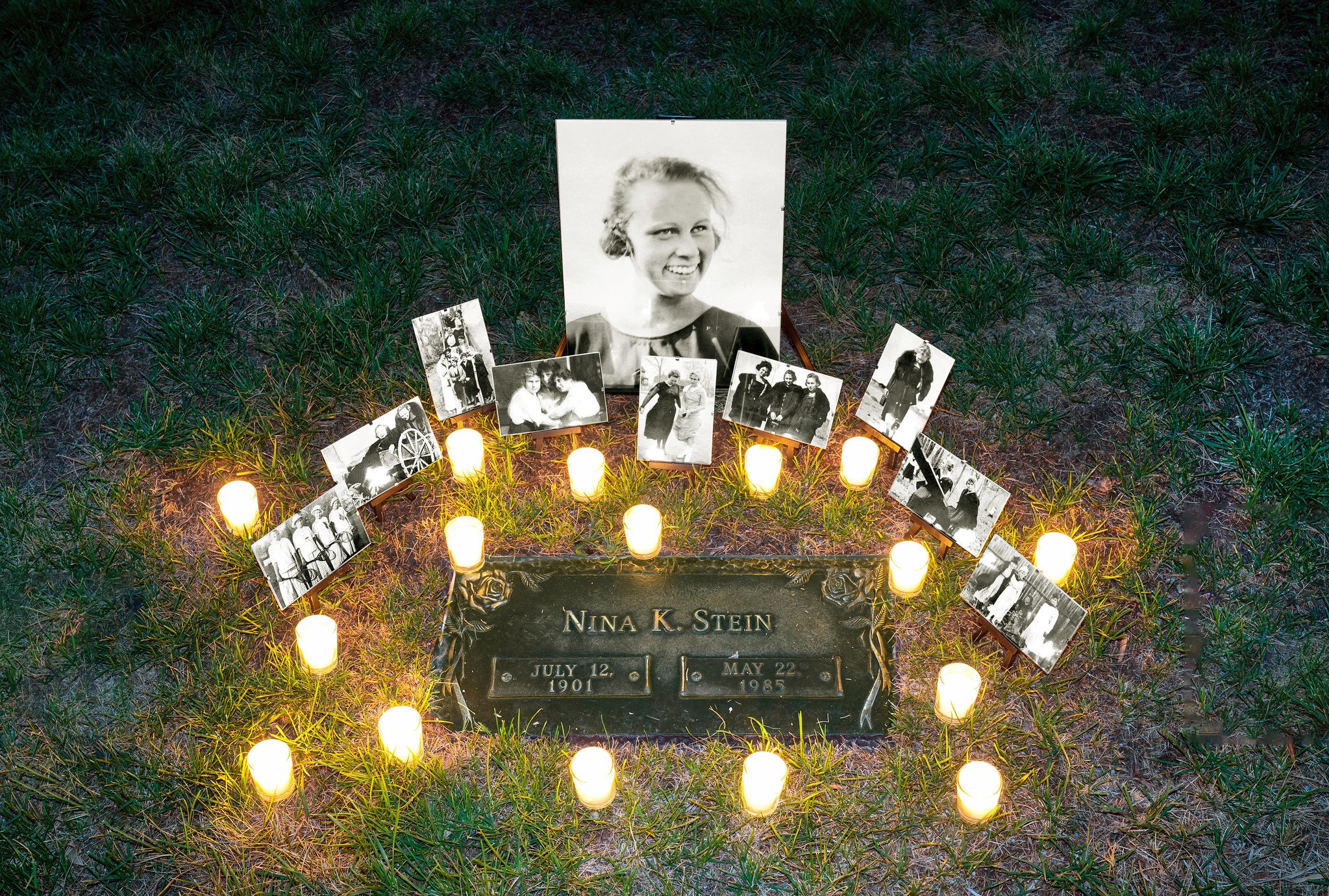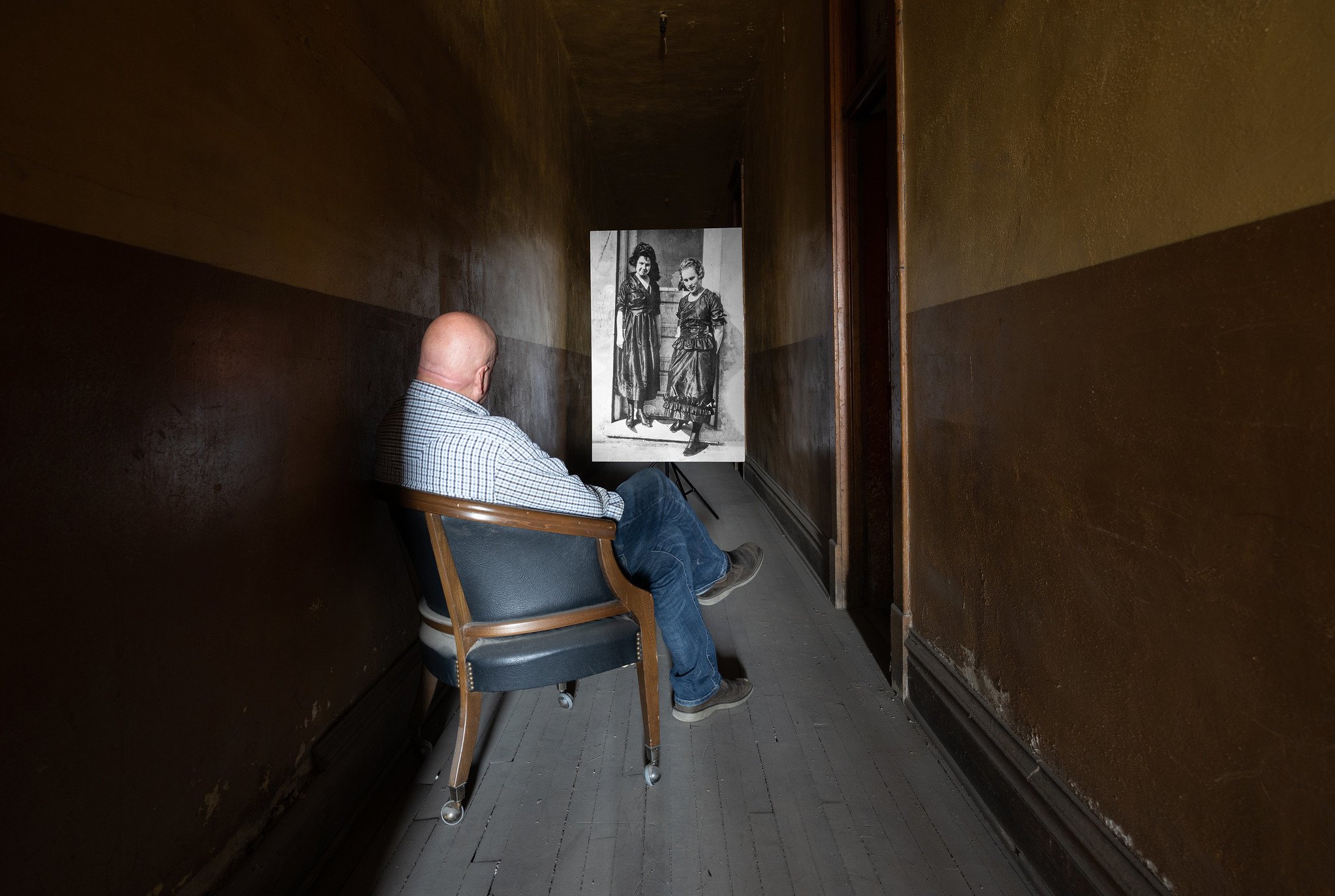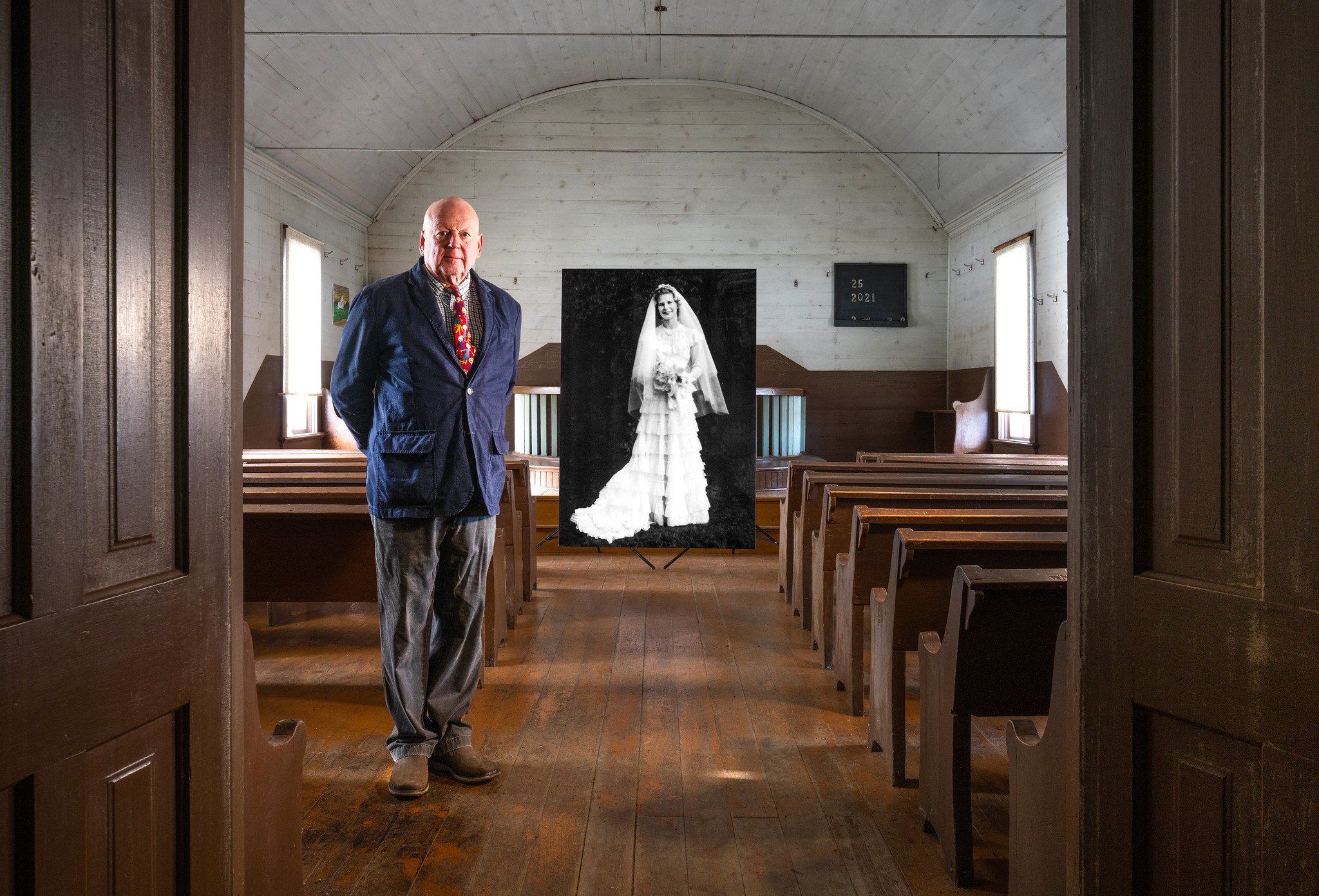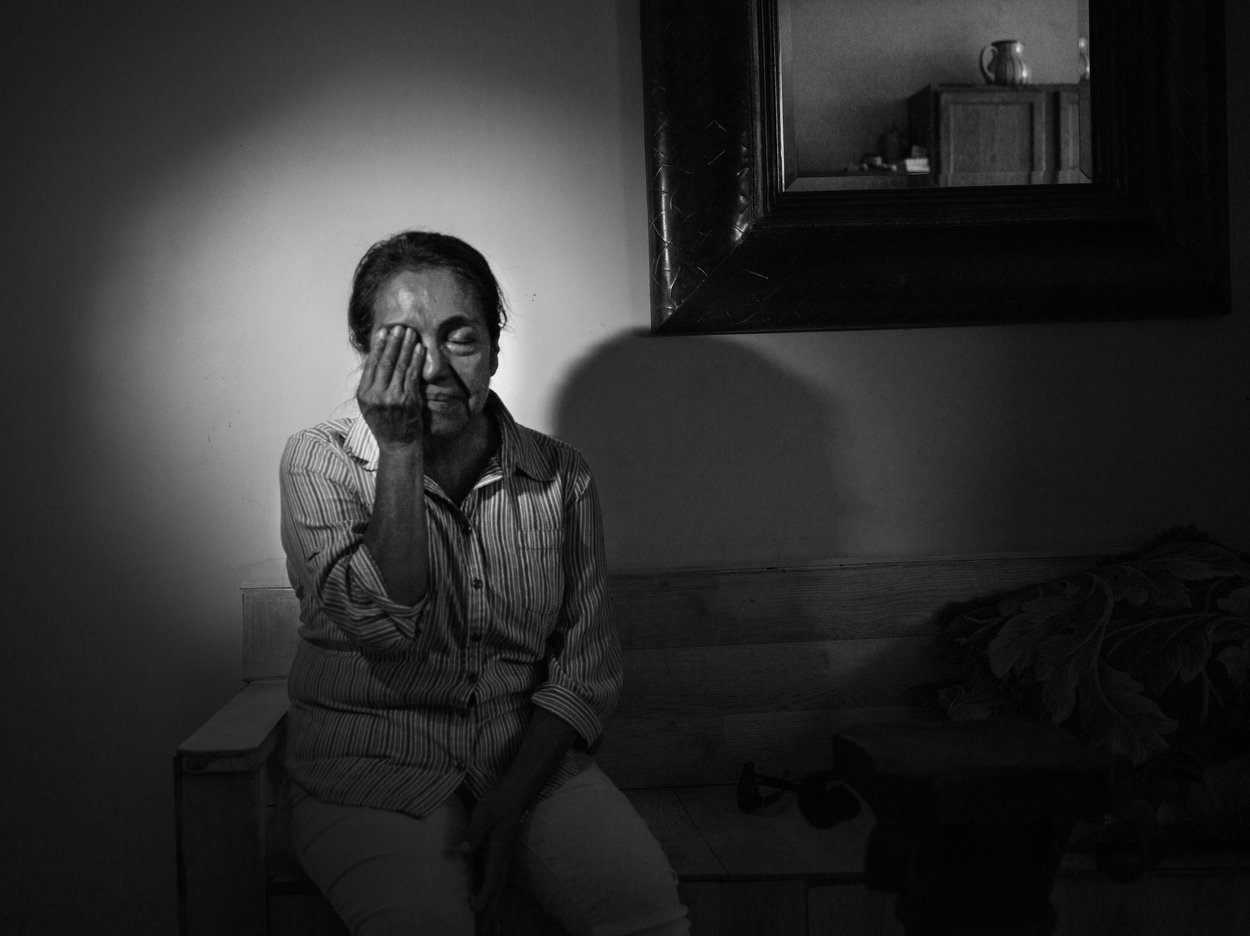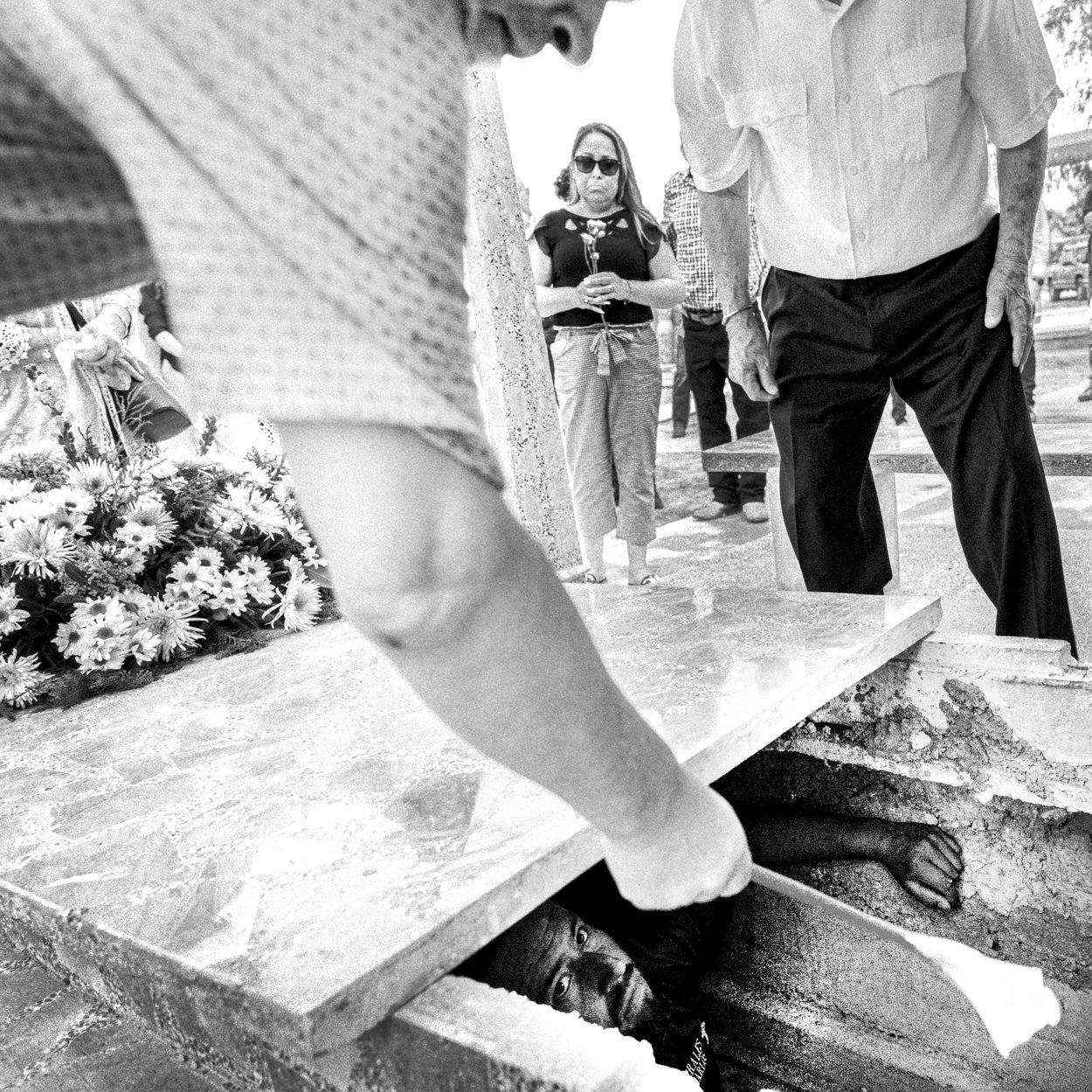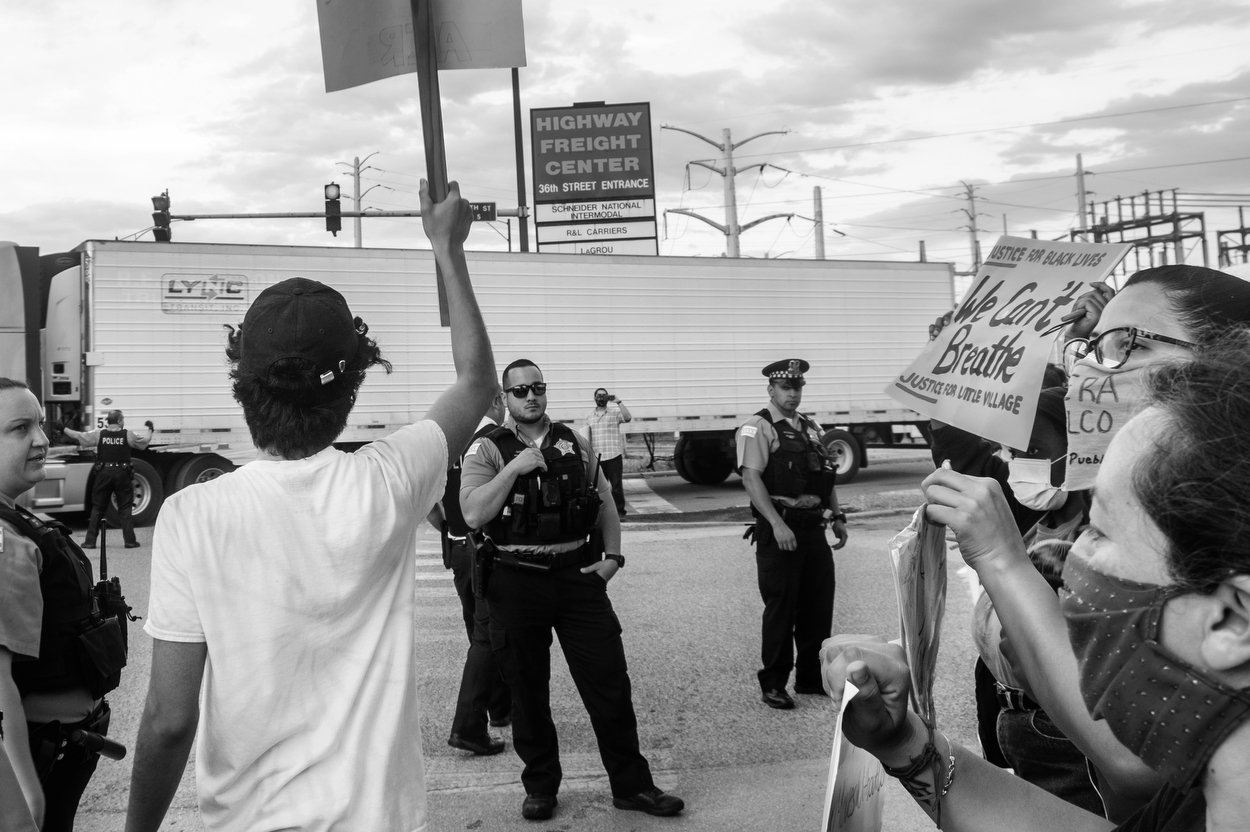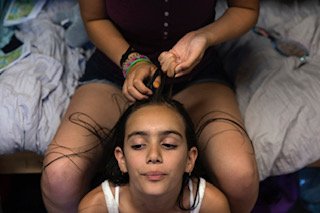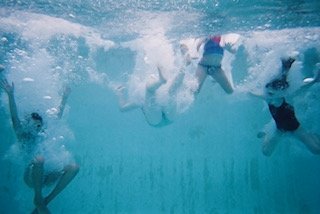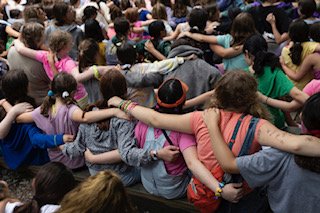Over the past seven years, I’ve had the great privilege to create, with Jim Estrin of the New York Times, a unique and incredibly powerful mentoring program at the Anderson Ranch Arts Center in Snowmass, Colorado.
The Center for Advanced Mentored Studies is a three-year mentorship that is part of The Center, and the goal of this program is for participants to create books, exhibitions, websites, films, large bodies of photographic work and in one case, possibly a major documentary or narrative film. Being a part of these cohorts’ journeys over the past few years has been one of the most rewarding teaching experiences of my life and provided a significant opportunity to mentor with depth, commitment and vision.
Along with Andrea Wallace, the Vice President of Artistic Affairs at The Ranch, Jim and I have worked with four different groups, each over a three-year period, to create the most unique and powerful community I’ve experienced in my role as a teacher and mentor. Some of the brightest talents in our profession have passed through this program, going on to win World Press and Pictures of the Year International awards, get hired by the likes of the Washington Post, National Geographic, The New York Times and much more.
Applications are now open for two new sections of this three-year program. If you’re interested, please go to this link to learn more. Jim and I are thrilled to have the continued opportunity to be a part of something that is so deeply serving for both the cohorts and ourselves.
I’ve decided to showcase some of the work of recent participants below. Please check it out and stay tuned for more!
TW: violence, rape, sexual assault, fatphobia
Rosem Morton
Rosem Morton is a Filipina photojournalist, nurse and safety trainer based in Baltimore, Maryland. As a visual journalist, she is a National Geographic Explorer whose work focuses on daily life amidst gender, health, and racial adversity. She documents issues such as the effects of gender-based violence, the unheard stories of healthcare workers, and the legacies of western colonization that have shaped Filipino culture and migration. Her work has been awarded the Leica Women Photo Award and the Visa d'or Daily Press Award. She has also been recognized by the Pictures of the Year International, the World Press Photo 6x6 Talent and the 30 under 30 list. Morton has worked at major trauma centers as a registered nurse for the last 10 years. She draws on these experiences alongside the IWMF Next Gen Fellowship to provide holistic safety trainings for journalists.
Her project DearSurvivor.org is designed to build community, support and resources for survivors of gender and sexual violence alongside their allies. This platform hosts a growing audio-visual collection empowering survivors through the expression of their own narratives. These stories seek to highlight survivor experiences, illustrate the prevalence of sexual violence, and question how we can break this cycle. The site offers free access to resources, workshops, a podcast, photo series’, workbooks, sharing spaces, and more.
Shelby Knowles
Shelby Knowles is a freelance photographer and photo editor at The New York Times in San Francisco. Prior to moving to California, she worked as a multimedia producer and editor at Newsday, where she was awarded an Emmy for Sports Photographer for her documentary, "Empress.” Knowles received a Master's Degree from the University of Texas at the Austin School of Journalism in 2018, and a Bachelor's of Science in Nutritional Science from Texas A&M University.
Her project examines fat camps in America and the ramifications on youth's mental and physical health. The framework parallels the diet industry’s “before and after” approach –– The “before” portion of her project will show the current experience of attending fat camp, and the “after” is a curated series of disposable cameras taken by former campers capturing their experiences through self-documentation. The project raises the question: “are there any good fat camps in a fat-phobic society?”
Roddy MacInnes
Roddy MacInnes has been teaching photography at the University of Denver since 2001. He considers himself to be an autobiographical photographer. In that capacity, he has been documenting his life through photography since 1964. He received a Master of Fine Arts in Photography from the University of Colorado Boulder, and a Bachelor of Arts in Photography from Napier University in Edinburgh, Scotland.
His latest photography project, Intimate Proximity, was inspired by an album of photographs he discovered in an antiques mall in Denver, Colorado. A North Dakota woman made the photographs in 1917. Through this project, MacInnes is exploring issues surrounding the relationships between photography and community.
Sebastián Hidalgo
Sebastián Hidalgo is a civically trained independent photojournalist and National Geographic Explorer based in Chicago. He has reported on issues ranging from family separations due to harsh immigration policies to the lasting psychological toll of gentrification. His main focus revolves around the intersectionality of restrictive zoning policies that contribute to conflicts across the country. Hidalgo's approach to photojournalism has been recognized by numerous newsrooms as “setting the standard of community journalism”. His photographs have been permanently collected at The Library of Congress, the National Museum of Mexican Fine Art, and The Harvard Art Museum.
His latest project titled, Public Heroes and Secrets, (a reference to Roberto Bolaño's relatable poem, Godzilla En Mexico) documents how new industrial revitalization plans have jeopardized the health of thousands in Chicago's predominantly Mexican and working-class community, Little Village. From 2020 to 2022, he collaborated with civic journalism labs to examine the political events leading up to a botched implosion that covered the area in a cloud of toxic dust. While his reporting looked into industrial zoning changes, his photographs provide an intimate look at the cumulative impacts (stress and pollution) of residents. Today, he continues to research and photograph.
Rachel Wisniewski
Rachel Wisniewski is an independent photojournalist and writer based in Philadelphia, PA, USA. Her work often explores stories at the intersections of community, identity and trauma. She is a contributor to publications including: Reuters, the New York Times, the Washington Post, NPR, and more. She was a Gwen Ifill Fellow through the International Women’s Media Foundation in 2020, and received a National Geographic Society Grant in 2021. Beyond photography, Wisniewski is passionate about volunteering, traveling, reading, and food. When she doesn't have a camera in her hands, it’s probably because she's eating pizza.
Her project L’dor Vador (‘From Generation to Generation’) documents the experience and pressure of coming-of-age as a Jewish person by focusing on a specifically Jewish American ritual: sleep-away camp. In following Jewish young women as they form their identities, L’Dor Vador will stir conversations within the Jewish community about how to preserve our culture in an increasingly changing world, and challenge stereotypes and misconceptions held by the non-Jewish community.

